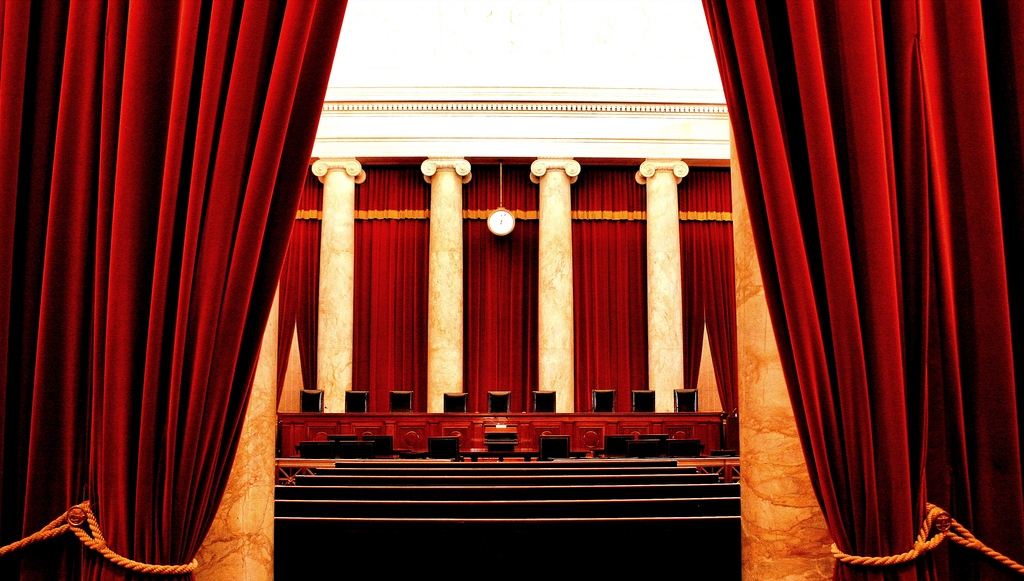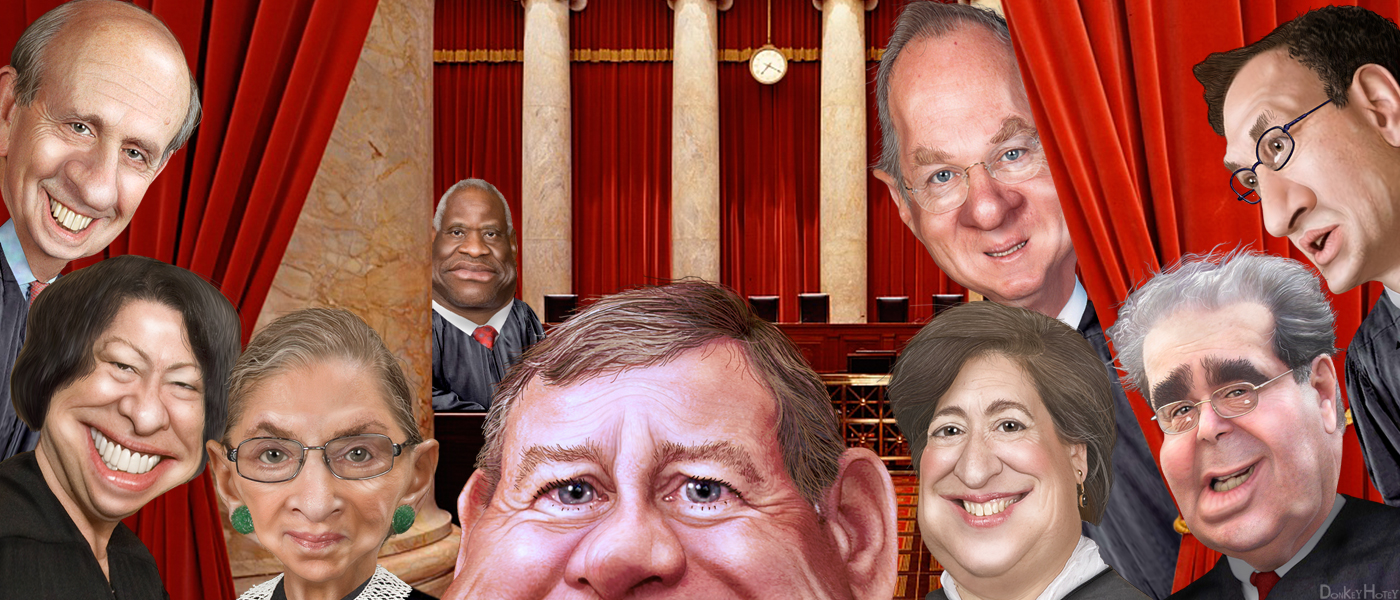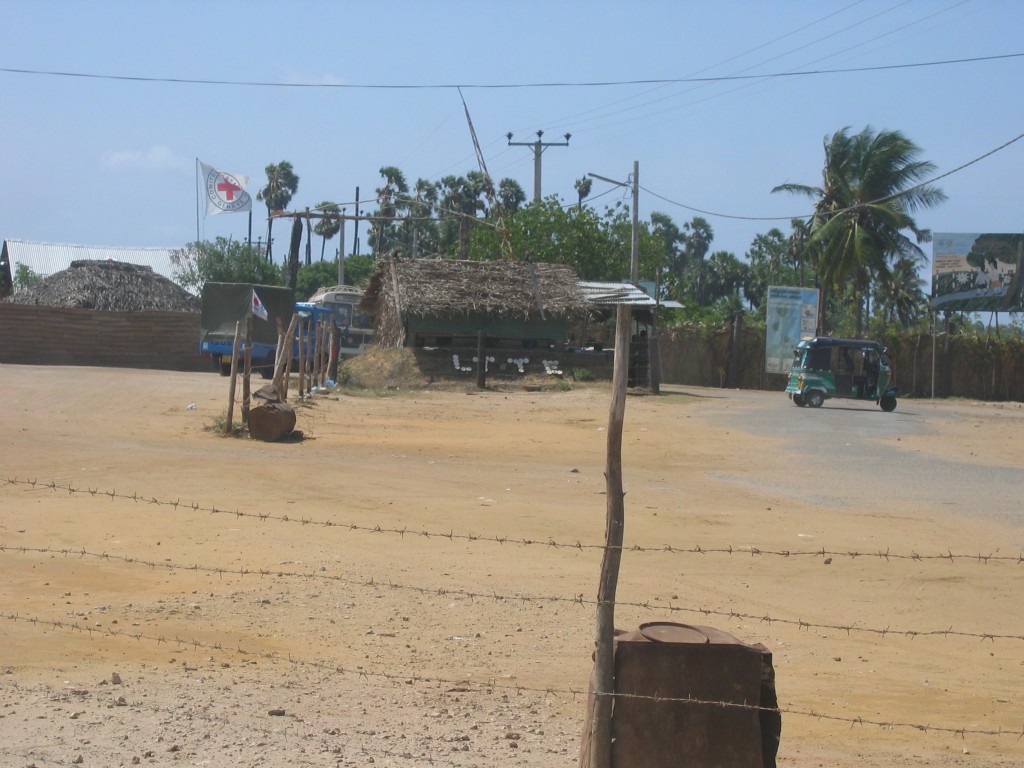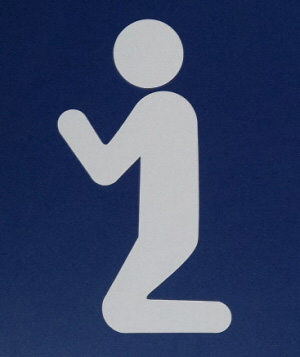[Editor’s Note: This post is in response to “Law’s Prayer: Town of Greece v Galloway” by Winnifred Fallers Sullivan.]
 Speaking in the tongue of Christianity in an age of pluralism, the praying citizens of Greece, New York knew enough to keep it vague when bringing their supplications to town council. Winnifred Sullivan’s reflections on the legal wrangling over public prayer in the town council of Greece included examples of how Christians prayed for their town leaders to be “filled with the spirit of wisdom” and asked that their neighbours would come to see the virtues of “interrelationship.” Though recognizably Christian, these prayers addressed to a “Heavenly Father” were nevertheless “tamed by the law,” as Sullivan puts it, in their avoidance of Jesus-language and their studied evasion of deity specificity (except in terms of their gendered language of kinship).
Speaking in the tongue of Christianity in an age of pluralism, the praying citizens of Greece, New York knew enough to keep it vague when bringing their supplications to town council. Winnifred Sullivan’s reflections on the legal wrangling over public prayer in the town council of Greece included examples of how Christians prayed for their town leaders to be “filled with the spirit of wisdom” and asked that their neighbours would come to see the virtues of “interrelationship.” Though recognizably Christian, these prayers addressed to a “Heavenly Father” were nevertheless “tamed by the law,” as Sullivan puts it, in their avoidance of Jesus-language and their studied evasion of deity specificity (except in terms of their gendered language of kinship).
Heading northward across Lake Ontario to Toronto, home of an infamous mayor, the idea of turning to banal, or better yet prophetic, prayers to bring some order to the chambers of City Hall seems like an eminently sensible plan. At a time when many politicians converse with each other in a manner disrespectful, mocking, and even lewd—when they care more about how their words will translate to sound bites and celebrity than how their exchanges will forward the cause of deliberative democracy—perhaps the call to prayer in public could also be understood as a call for genre intervention and not only divine intervention.






 Years ago, before I was a parent and obsessively risk averse, I took an eventful, if short, research trip. The trip was to northern-central Sri Lanka to visit the quasi-independent region that had been set up by the Liberation Tigers for Tamil Eelam (LTTE), or Tamil Tigers. It was a de facto state complete with its own roads, hospitals, school system, police force, customs officers, ministries and, of course, judicial system. All this was intriguing because the Tamil Tigers were an armed rebel group who since the late 1970s had been fighting a violent campaign against the Sri Lankan state. To most, they were known not for their visa forms and traffic cops, but for their brutal guerilla military tactics and devastating suicide bombings.
Years ago, before I was a parent and obsessively risk averse, I took an eventful, if short, research trip. The trip was to northern-central Sri Lanka to visit the quasi-independent region that had been set up by the Liberation Tigers for Tamil Eelam (LTTE), or Tamil Tigers. It was a de facto state complete with its own roads, hospitals, school system, police force, customs officers, ministries and, of course, judicial system. All this was intriguing because the Tamil Tigers were an armed rebel group who since the late 1970s had been fighting a violent campaign against the Sri Lankan state. To most, they were known not for their visa forms and traffic cops, but for their brutal guerilla military tactics and devastating suicide bombings.